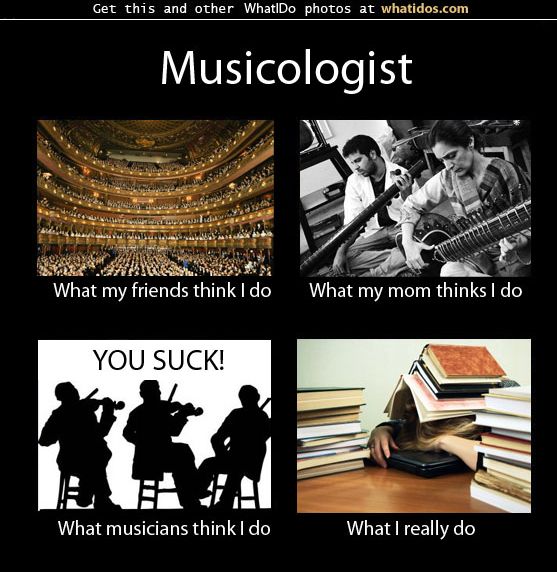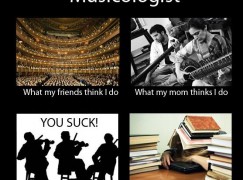What we mean by a ‘caring musicology’
main
norman lebrecht
August 27, 2016
If you have any brain cells to spare for the ongoing debate on the purpose of musicology – pay attention, please: it’s not about the study and history of music any more – our good friend William Chaeng has offered another free excerpt from his new book, this time about the real purpose of musicology.
Sample:
Let’s pose the question of scholarly priorities in a more challenging way. Is musicology about the safety of a female music student? No, it isn’t, if we define musicology starkly as the study of music. But yes, it is, if we envision musicology as all the activities, care, and caregiving of people who identify as members of the musicology community. In a post-Obama yes-we-can era, Killam’s yes, it is! can serve anew as a disciplinary rallying cry. Beyond overtly activist work, what if we regularly upheld care not just as a bonus activity or a by-product of scholarship? In a world where injuries run rampant, what if care is the point?
Riffing on Marshall McLuhan and Andy Warhol, Phil Ford has characterized the discipline of musicology as “anything you can get away with.” By this, he means that rather than categorically insisting on what topics do or do not fall under musicology, let’s conceive of musicology as whatever self-identified musicologists choose to do. Disciplinary boundaries incessantly shift and shimmer anyway—so why not justify their flexibility via people’s diverse, quirky interests? “The primary pleasure that scholarship offers is the chance to encounter other minds and thereby expand one’s own,” Ford muses. “The full range of other minds constitutes the true horizon that bounds the humanist; nothing human should be alien to us.” But if musicology is anything we can get away with, a caveat is that the discipline must simultaneously encompass everything we cannot afford to run away from—care, compassion, and interpersonal concerns that don’t always sound scholarly as such.
Discuss among yourselves. Humanely, please.







Comments